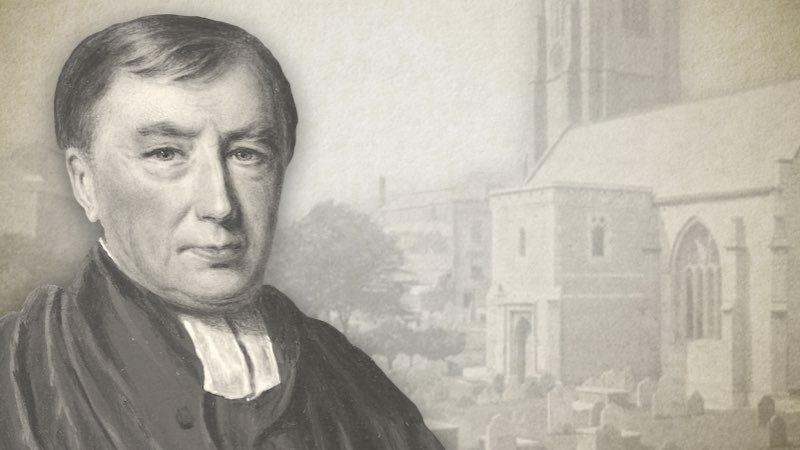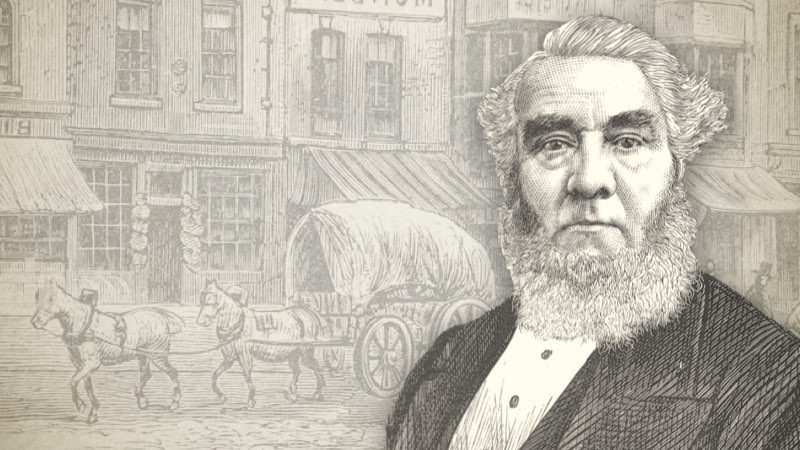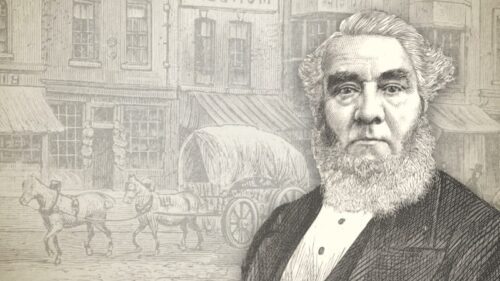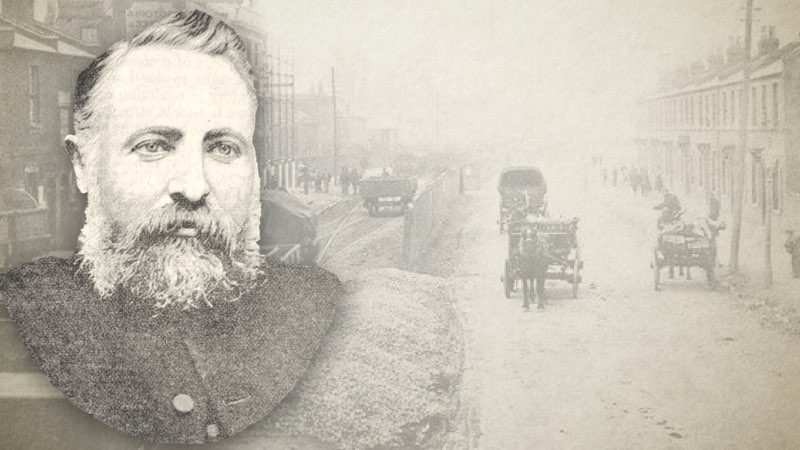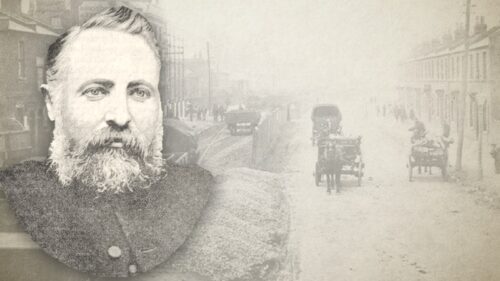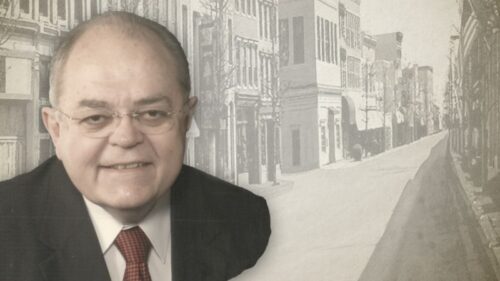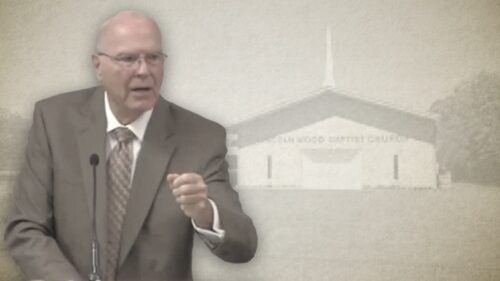-
July 12—Morning Devotion
"And they began to pray him to depart out of their coasts."—Mark 5:17 And was this Jesus whom they desired to depart? Yes: and what had the Redeemer done to merit this treatment? He had dispossessed the evil spirit from the mind of a poor creature, and caused the whole country to be freed from the fury of one whom no chains could bind: was this the cause? Yes. And is it possible that so divine an act could have had such an effect upon the minds of a whole body of people? What, would these Gadarenes rather have the devil ranging among them, in the person of this poor creature, than the Son of God in the kindness of our nature? Pause, my soul:…
-
The Work Of The Holy Spirit
After exposing and explaining anti-Christ, with some account of his devotees who separate themselves from a profession of the truth, being "sensual, having not the Spirit" (Jude 19), the apostle describes and distinguishes the true saints in the language of our text:— I.—The saints anointed. II.—Their saving knowledge. "But ye," "little children,'' conscious of their weak, feeble, and helpless condition, who feel they must be washed, cleansed, clothed, comforted, fed, and educated, as all God's people are by Himself; "ye," as distinct from all others, "have an unction”—the anointing oil, Divine influence, and experimental tuition of the eternal Spirit, without which all is sham and ''strong delusion." The allusion is to the "holy anointing oil for Aaron and his sons, and the vessels of the…
-
The Scriptural Method Of Addressing The Unconverted
As ministers of Jesus Christ we desire to make full proof of our ministry, and to rightly and faithfully discharge every part of the solemn trust we have received from our Lord and Master. We are anxious that we may be able to say to our hearers in the language of the apostle, ''Wherefore I take you to record this day, that I am pure from the blood of all men. For I have not shunned to declare unto you all the counsel of God." We have the flock of God to feed which He hath purchased with His blood, and who are savingly brought to know Him. But we have to seek the wandering sheep who are of His fold, and yet, they are…
-
Christ Is The Sinner’s Saviour
If the Lord please, I shall leave Chard on Monday next for Yeovil and Salisbury, and agreeable to your, and the friends’ request, hope to be at Hartley-row to preach on the Thursday evening in the following week. As it respects the journey, I have had many opportunities of sowing the seed of the kingdom; and I make no inquiries about, or concerning the reception of it. Paul plants, and Apollos waters, and God giveth the increase. There I leave it I consider that I have nothing further to do with it. My only concern is to preach the truth as it is in Jesus, so far as my knowledge of the same extends, and there to leave it: nor am I further solicitous about…
-
My Grace Is Sufficient For Thee
FOR A COMPLETE ORDER OF WORSHIP, INCLUDING BIBLE READING, HYMNS AND SERMON...
-
Forty Years In The Wilderness

